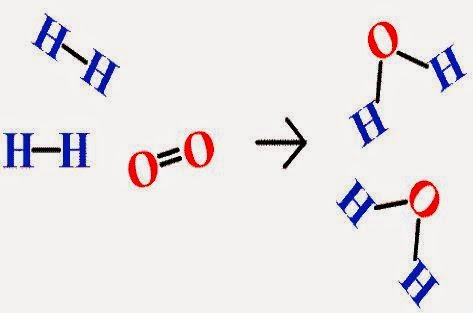I read what I quote and I quote only if I understand the narrative that accompanies a scientific paper. I do not need to do the math.
Do you think that if you "understand the narrative" then you're in a position to evaluate it?
Do you think you can work out if a scientific paper full of maths contains errors or is error free, based on the "narrative" alone, without working through or understanding any of the maths?
How do you know when you're cutting and pasting an article that it doesn't contain nonsensical mathematics, or that it isn't full of mathematical errors?
You're basically telling us that if somebody spins a good yarn, that's good enough for you. You don't think you need to check whether it's a
true story, as long as it's a story that
sounds right?
I own a bridge you might like to buy. It's in Sydney. It's quite a famous bridge. I inherited it from my great great uncle. I'm willing to give it to you at a bargain price. But don't concern yourself about the maths; I'll gladly do it for you! All I need are your bank account details. Trust me. I'll handle the rest.
You completely misunderstand my position. I am not here to solve equations. I quote them from reliable sources because I accept their validity and functionality.
I'm completely mystified now.
Why do you accept the validity and functionality of these sources? You admit you're completely unable to confirm their validity yourself.
You refer to "reliable sources". Tell me how you go about evaluating which sources are reliable. I'm fascinated to find out.
I am not arguing with current science other than trying to find "common denominators" that are fundamentally related to the potential responsible for the BB.
Why do you think there's a "potential" that was responsible for the BB? Is there a "valid" source that you used to confirm that is the case?
Can you explain to me what a "potential" is, and how it
might conceivably be responsible for a BB? What scientific theory that you understand suggests that such a thing is possible?
Has no "reliable source" found any of these "common denominators" you mention? Are you looking for them because all the experts have failed to find them? Or are you just looking for a "reliable source" that "sounds right" and agrees with what you'd prefer to be the case regarding the BB?
What's in it for you when you
do find these common denominators you're spending so much time and effort looking for? You say you're not trying to advance science at all; you're just using existing science done by "reliable sources". Are you just trying to satisfy a curiosity you have about the BB, then? Are you trying to come up with a story you can tell yourself, which "sounds right"?
This is my absolute conviction: The universe did not emerge from a prior irreducible complexity and as 1 (singularity) is an irreducible value there must be a single "common denominator" which was causal to the beginning.
And that causality was not in the form of a God but of a mathematical object.
I don't know what an "irreducible complexity" is. Can you explain?
You say it is your conviction that the universe did
not arise from an irreducible complexity. Did it arise from a reducible complexity, then? Or did it arise from a simplicity rather than a complexity?
Why are you so sure about this particular conviction you have?
How is the number 1 a "singularity"? What do you mean by that? Do you just mean that the number one is used to indicate a single thing? (The word "singularity" has a technical meaning in mathematics, but you don't need to know any maths, do you? Oh, apart from the existence of the number 1, of course. So you don't have to worry about any technical meaning of the word "singularity". Let the reliable sources worry about it, instead. You can always cut and paste, if it becomes a problem later.)
You say "1 (singularity) is an irreducible value". What does that mean? Can you give me an example of a reducible value, so I can compare it to 1 (singularity)? Can you explain the difference?
You deduce that
because 1 is an "irreducible value",
therefore there must be a single common denominator that caused the BB. Is this an example of you building logically on existing science, then? Can you walk me through the logical syllogisms that led you from the premise "1 is an irreducible value" to the conclusion "a single common denominator caused the BB"?
Also, previously you said that the universe did
not arise from an irreducible complexity. But here you're saying that the universe
did arise from something to do with the irreducible complexity of the number 1 (singularity). So which is it? Did the universe arise for an irreducible complexity, or didn't it? And why did you contradict yourself, in the space of a single post?
I look forward to your detailed response.




